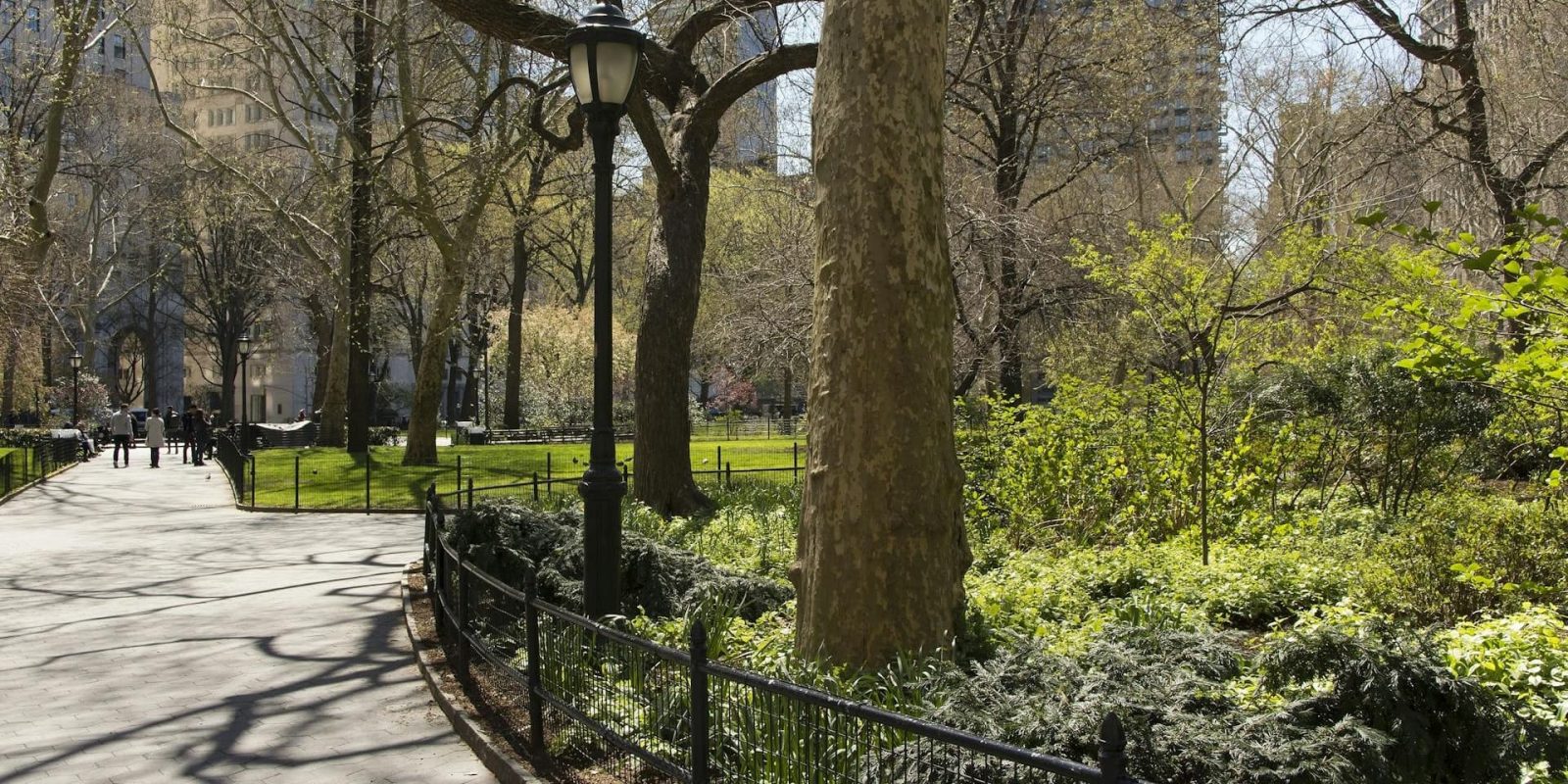NYC could soon kick electric bikes out of Central Park

After going car-free on Central Park’s main drives in 2018, the NYC Department of Parks and Recreation has been preparing to wrap up a study on electric bike usage in Central Park. The results will help decide whether those electric bicycles will still be permitted inside the park.
A bill is now sitting in wait before the New York City Council that would ban the use of electric scooters and bikes with electric assist in any park in the city, including Central Park.
It follows a city pilot launched in 2023 to allow any bicycles, e-bikes, and e-scooters that are legal to operate in NYC streets to also ride on park drives, including the Central Park and Prospect Park loops. The pilot also allowed those e-bikes, bicycles, and e-scooters to ride on greenways such as the Brooklyn Waterfront Greenway.
A decision will be made this summer, though some e-bike proponents see hope in a recent statement from NYC Parks. “We are committed to ensuring our public spaces can safely accommodate the diverse ways that New Yorkers engage with them, including electric micromobility devices like e-bikes and stand-up e-scooters,” explained a spokesperson.
Advertisement - scroll for more contentFeedback from the public has been requested, and those interested can share their opinion on e-bike use in Central Park and other greenways in the city.

While critics argue that e-bikes pose a safety risk to pedestrians and disrupt the slower pace of movements in parks, advocates counter that electric micromobility devices are essential for making green spaces more accessible, especially for older riders, people with limited mobility, and those using cargo bikes to transport children or groceries. As the city strives to promote car-free or reduced-car transportation and expand access to low-emission mobility, banning e-bikes in parks could be seen as a step backward.
Central Park, with its iconic loop and sprawling paths, has long been a haven for cyclists and joggers alike. But it’s also a key corridor for commuters and delivery workers who rely on e-bikes for their livelihoods. Restricting access could force more riders back onto congested streets, potentially increasing conflicts with cars and reducing the appeal of sustainable transportation options.
The final decision could set an important precedent for other cities grappling with the rise of electric micromobility. As e-bikes become more common and cities look to balance recreation with transportation, how New York navigates this issue could shape policy far beyond the park’s stone gates.
免責聲明:投資有風險,本文並非投資建議,以上內容不應被視為任何金融產品的購買或出售要約、建議或邀請,作者或其他用戶的任何相關討論、評論或帖子也不應被視為此類內容。本文僅供一般參考,不考慮您的個人投資目標、財務狀況或需求。TTM對信息的準確性和完整性不承擔任何責任或保證,投資者應自行研究並在投資前尋求專業建議。
熱議股票
- 1
- 2
- 3
- 4
- 5
- 6
- 7
- 8
- 9
- 10